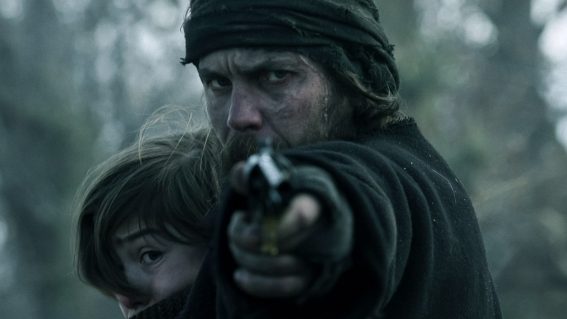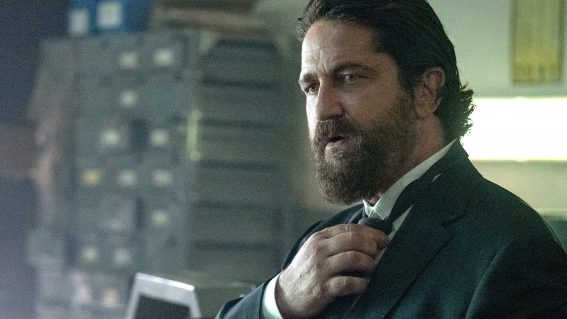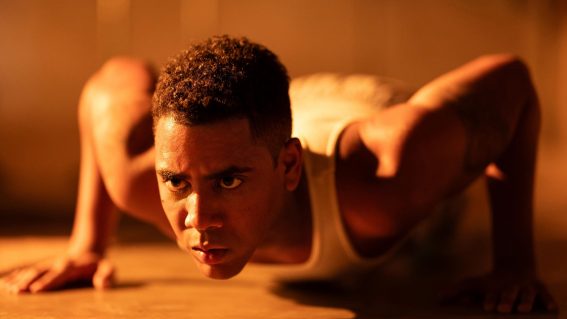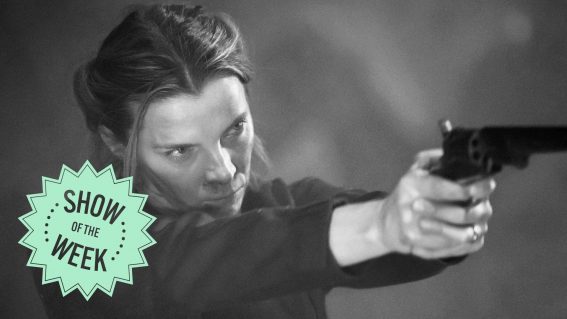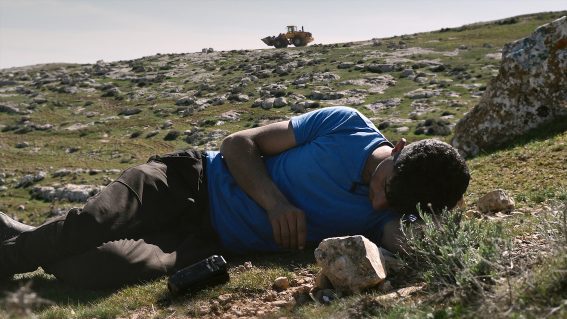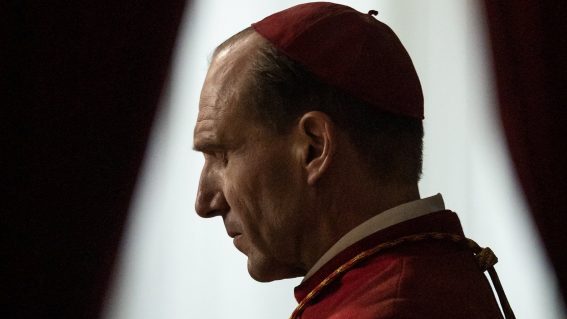With Kaos, we finally get a perfect on-screen depiction of Hades
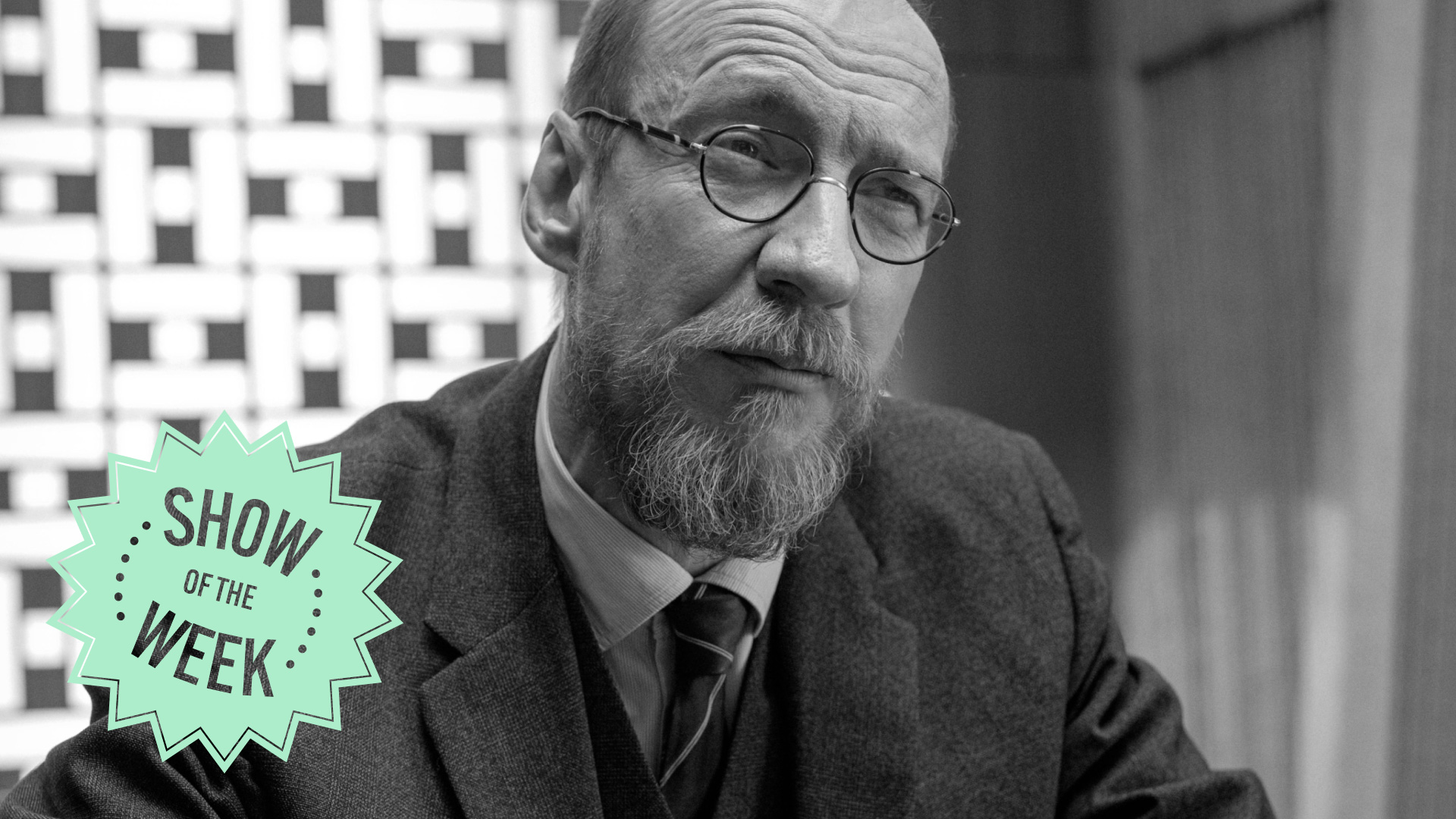
Clarisse Loughrey’s Show of the Week column, published every Friday, spotlights a new show to watch or skip. This week: Kaos and it’s bang-on depiction of Hades.
Netflix’s Kaos, an erratic modern take on Greek myth, is fun but predictable. It’s leapt straight out of the imagination of The End of the F***ing World’s Charlie Covell, like Athena out of Zeus’s forehead (look that one up if you don’t know), and reads like a laundry list of pop-friendly revisionism.
At its front, there’s a snazzy A-lister in the role of Zeus: Jeff Goldblum, playing surprisingly against type, jazzy as ever but with a real mean streak. It turns the pantheon into entitled billionaires, faced with an “eat the rich” downfall courtesy of a disillusioned mortal populace. And, crucially, it remixes myths like it’s the thinking woman’s Once Upon a Time, tossing in famous names like Cassandra (Billie Piper) and Theseus (Daniel Lawrence Taylor) for little more than a cameo.
But I do have to pay the series one, major compliment: it’s finally made my university dissertation irrelevant. The question I’d raised there, which no one else in the academic field of Ancient History had ever thought (or, more accurately, cared enough) to raise, was, “Why has Hollywood had such a tough time putting Hades on screen?”
And why is it, that when we do see him, artists can’t help but revert to the Christian language of hell and Satan? He’s suited and booted in goth black, and played by Ralph Fiennes, in 2010’s Clash of the Titans or made an amoral outsider, either via the car salesman schtick of Disney’s Hercules or Steve Coogan’s rockstar threads in Percy Jackson & The Lightning Thief.

In Kaos, we get David Thewlis as Hades, in a crumpled suit. And he’s absolutely perfect. Hades is a slippery figure. We don’t know too much about him, other than he was brother to Zeus and Poseidon, but wasn’t considered an Olympian. Instead, they named him the “Invisible One”, who toiled out of sight, deep underground. He infamously abducted Persephone as his bride. To our knowledge, he only had a single major site of worship, at Mount Minthi near Elis, in southern Greece.
So, naturally, artists reach for what’s available. But this Hades-Satan hybrid we see so often completely misleads people when it comes to how the ancient world thought and worshipped. Hades, to them, was fearsome, but not a villain. He wasn’t associated with punishment or sin. Olympus and the Underworld weren’t heaven or hell. And the gods had no real concern for good and evil, only for power and loyalty.

Janet McTeer & Jeff Goldblum
That’s why Kaos, even if its class critique feels a little predictable in the current landscape, hits the nail on the head when it comes to depicting a vainglorious Zeus teetering on the brink of madness because he’s aware a prophecy will spell his doom at the hands of three mortals, Eurydice (Aurora Perrineau), Ariadne (Leila Farzad), and Caeneus (Misia Butler).
Hades, in fact, was just an administrator. He’d drawn lots with his brothers, or so the Iliad tells us, and ended up with dominion over the Underworld. Unlike his depictions in the movies, he didn’t foster bitterness or a sense of betrayal. He had no designs on Zeus’s kingdom. And this is exactly how Thewlis plays him. Sure, the Underworld’s a little grimmer than it should be – a black-and-white brutalist complex, with a sparse but poetic look that screams Tarkovsky computed into the Netflix algorithm.
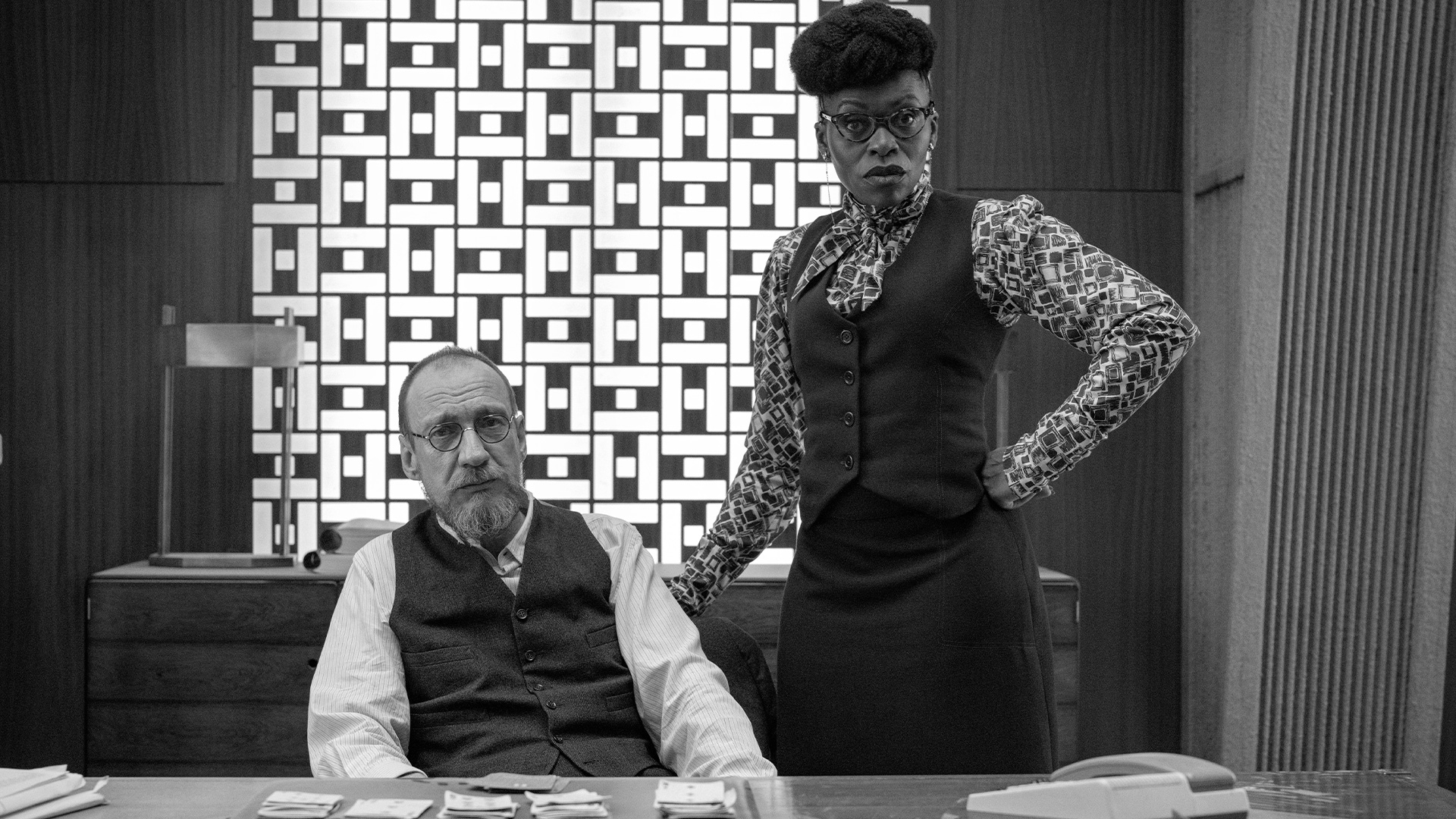
David Thewlis & Rakie Ayola
But Thewlis’s Hades is a humble, hardworking man who takes real pride in his work. He’s the beaten-down brother here, who Zeus bullies into stripping down and jumping into his swimming pool, yet maintains a strong moral core – not entirely accurate, but such a course change that it feels like a minor miracle. Kaos gives Persephone (Rakie Ayola) an empowering makeover, too, in a way that subtly acknowledges that Hades, comparatively, was probably the best-behaved amongst all the gods.
Kaos, in other places, makes a real mess of King Minos (Stanley Townsend), Ariadne, Orpheus (Killian Scott), and Eurydice, and undermines the kind of passion and tragedy that had made these myths immortal. Instead, it’s the usual drama series trick of increasingly convoluted interpersonal relationships. But whenever it cut back to Thewlis, at his little desk, I couldn’t help but smile.



